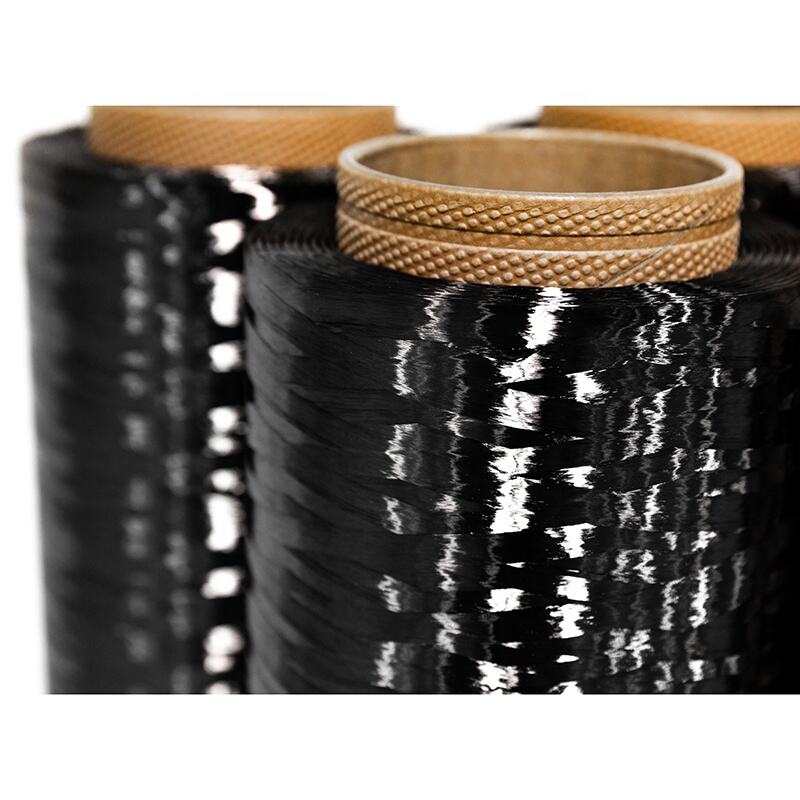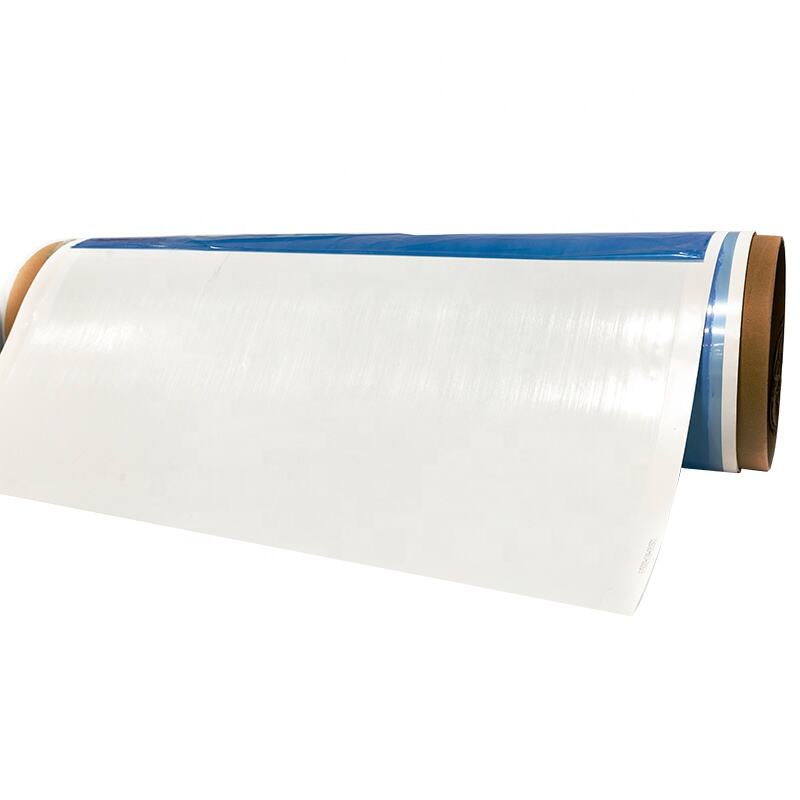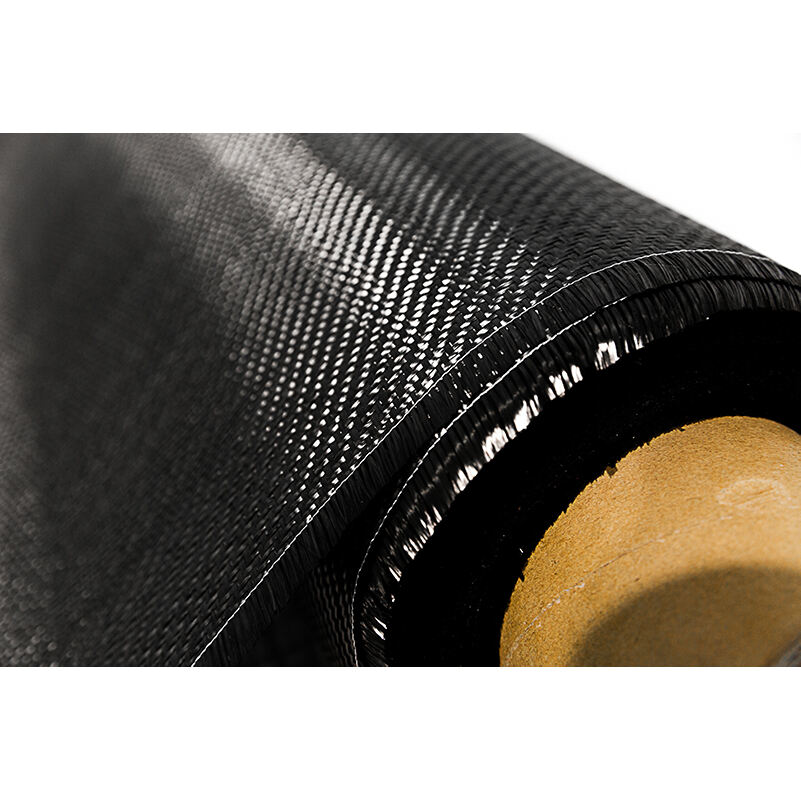carbon fiber cost
Carbon fiber cost represents a significant consideration in modern manufacturing and engineering applications. This advanced material, composed of thin crystalline filaments of carbon, comes with varying price points depending on quality, grade, and manufacturing processes. Typically ranging from $10 to $50 per pound for commercial grades, carbon fiber cost reflects the complex manufacturing process and high-quality raw materials required. The material's exceptional strength-to-weight ratio, durability, and resistance to environmental factors justify its premium pricing. Industrial applications span across aerospace, automotive, sporting goods, and construction sectors, where the initial investment is offset by long-term performance benefits. The manufacturing process involves multiple stages, including polyacrylonitrile (PAN) precursor preparation, oxidation, carbonization, and surface treatment, each contributing to the final cost. Market dynamics, production scale, and technological advancements continue to influence carbon fiber costs, with prices generally trending downward as manufacturing efficiencies improve and demand increases. Understanding carbon fiber cost is crucial for project planning and material selection, as it impacts overall product development and manufacturing strategies.


